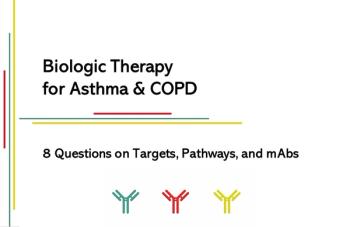
Research into biologic therapy for asthma and COPD has been both successful and frustrating. Find out what you know about the progress with these 8 questions.

Research into biologic therapy for asthma and COPD has been both successful and frustrating. Find out what you know about the progress with these 8 questions.

How do clinicians who treat asthma rate their own adherence to tenets of evidence-based guidelines? Lead authors on analyses of a national survey respond.

Primary care clinicians provide ~60% of asthma care in the US. The challenge is real and we discussed details with experts Drs Michelle Cloutier and Lara Akinbami.

No biologic agent is approved to treat COPD, but progress is being made. Key developments of the past few years are summarized in this brief slideshow.
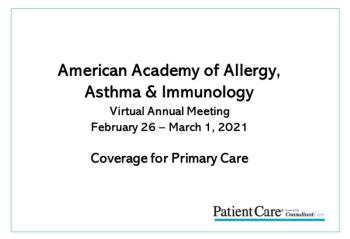
Recent research presented at AAAAI 2021 Virtual Annual Meeting suggests asthma is not an independent risk factor for severe COVID-19 or hospitalization.
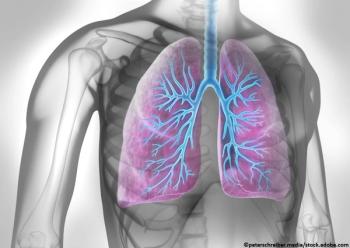
Statistically significant reductions in annual exacerbation rates were seen across baseline eosinophil and exhaled FeNO level and allergy status with telepezumab, in the phase 3 NAVIGATOR trial.

Treatment for severe asthma may be enhanced using an online decision support tool that draws on expert treatment decisions for a wide variety of potential patient scenarios.

AAAAI Virtual Annual Meeting. Severity of underlying airways disease and not prior use of corticosteroids posed a risk of more severe COVID-19, a new study finds.

Patients with COVID-19 who have asthma share a similar risk of hospitalization with patients with the infection who do not have asthma, according to new research.

AAAAI Virtual Annual Meeting. Among patients with asthma, wearing a mask, regardless of type or duration of use, had no significant effect on oxygen saturation.

Get a first look at key 8 studies to be presented at the upcoming AAAAI 2021 virtual meeting starting this Friday, February 26, 2021.

AAAAI Virtual Annual Meeting. Two-thirds of severe asthma patients dependent upon oral corticosteroids stopped or maximally reduced use, according to the trial data.
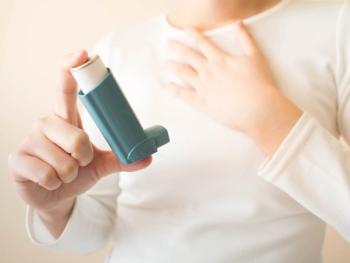
In a new survey of patients with severe asthma, COVID-19-related anxiety was found to be a potential risk factor for clinical worsening of disease and decline in quality of life.

A new survey of patients with asthma who use cannabis finds smoking and vaping preferred routes and that physicians rarely inquire about marijuana use.

The NHLBI recently updated recommendations in 6 key areas of asthma diagnosis, management, and treatment, marking the first update of the guidance in over 10 years.
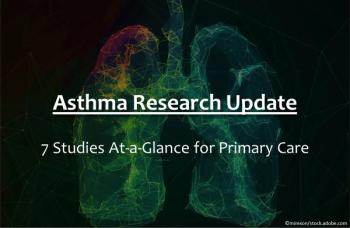
Recent studies have reported the latest developments in asthma research. Scroll through these slides to find concise summaries of key points for clinical practice.
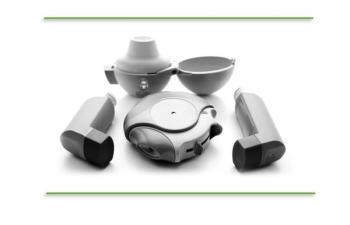
Use ICS monotherapy for this, not that. For asthma COPD overlap, don't use that, use this. Try these 4 questions on GINA and GOLD recommended treatments.

Exacerbations of asthma and COPD have a negative impact on disease process in both conditions. Find out what you know about guideline-recommended mitigation.
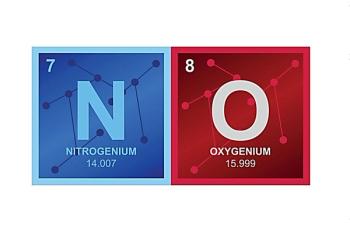
Increasing baseline FeNo levels were associated with reduced exacerbation and greater lung function improvement in dupilumab-vs-placebo-treated patients.

Increased blood eosinophil counts and IgE levels are associated with higher exacerbation rates in patients with severe asthma, according to new research presented at ACAAI 2020.

Distinguishing asthma and COPD can at times be problematic and the asthma-COPD overlap picture is even less clear. Check your recall of GINA/GOLD guidelines on all 3.
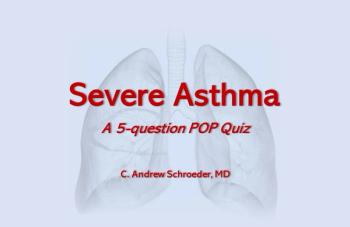
Severe asthma affects 5% to 10% of adults with asthma. Find out what you know about diagnosis and treatment options for these patients with 5 no-nonsense questions.
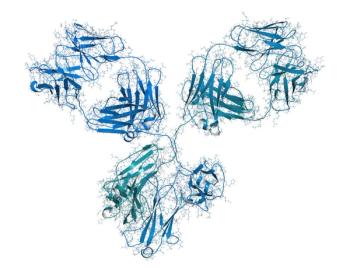
The novel monoclonal antibody could bring relief to millions of persons with severe, uncontrolled asthma, including those with a low eosinophil phenotype.
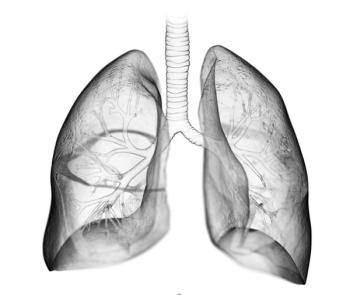
New research presented at the American Thoracic Society virtual symposium showed the first-in-class drug reduced severe asthma exacerbation rate by 35% vs placebo.
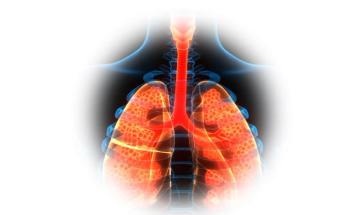
In COPD patients, a new study found no association between lung function decline and individual CVD outcomes, but disease exacerbations and dyspnea were implicated.